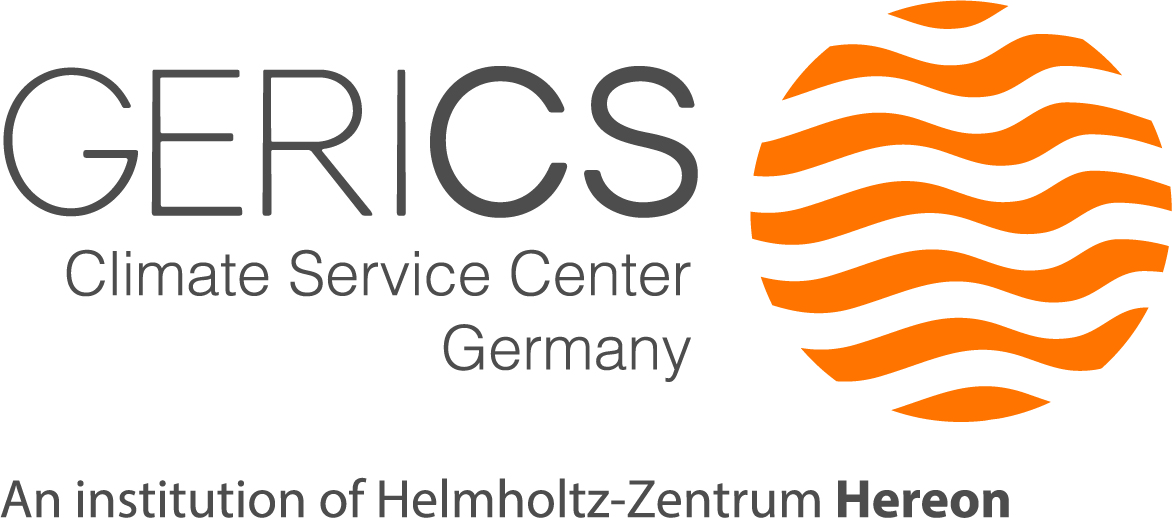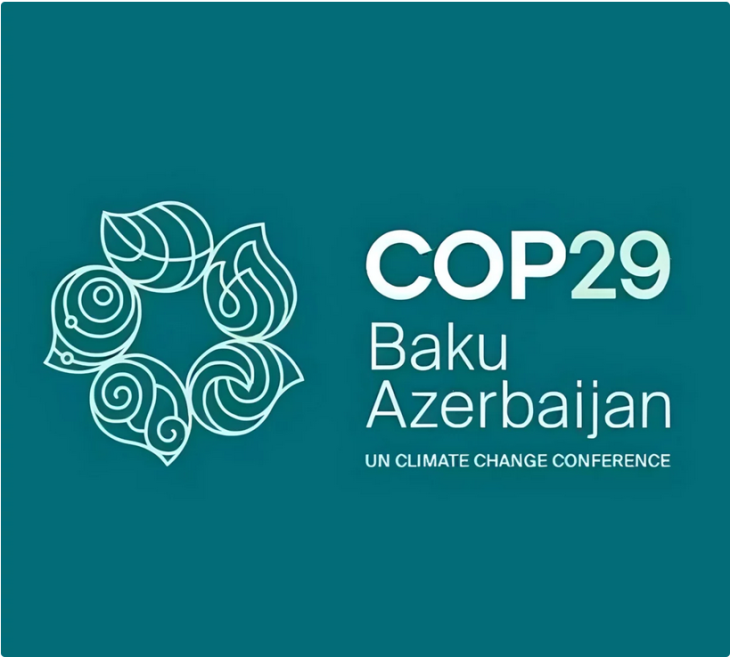News and information from the COP 29
From 11 to 24 November 2024, heads of state, ministers, negotiators, scientists, NGO representatives, and stakeholders from civil society will meet at COP 29, the United Nations Climate Change Conference, which is taking place this year in Baku, Azerbaijan.
What is the COP 29 about?
The UN Climate Change Conferences (or COPs) take place every year. They are the world's only multilateral decision-making forum on climate change, attended by almost every country.
Put simply, the world comes together at the COP to agree on ways to tackle the climate crisis, such as limiting the global temperature rise to 1.5ºC, helping vulnerable communities adapt to the effects of climate change, and achieving net zero emissions by 2050.
In the three decades since the Rio Summit and the creation of the United Nations Framework Convention on Climate Change (UNFCCC), the Conference of the Parties to the Convention (COP) has met every year (since 1994, when the convention entered into force) to set ambitions and responsibilities and to identify and assess climate action. The 21st session of the COP (COP 21) resulted in the Paris Agreement, which mobilises worldwide collective action to limit the global temperature increase to 2ºC or 1.5°C above pre-industrial levels by 2100, as well as measures to adapt to the existing impacts of climate change. The 1.5ºC limit is the most ambitious long-term temperature goal. However, action and policies need to be implemented to guarantee this limit, as is the one where future risks are lowest.
To the website of the World Climate Conference 2024 (COP 29)
Why is COP 29 so important?
According to the European Union's Copernicus Climate Change Service (C3S), it is "virtually certain" that 2024 will surpass 2023 as the warmest year on record globally. The recent catastrophic flooding in Valencia, which has claimed over 200 lives and left many missing, underscores the projections made by the Intergovernmental Panel on Climate Change (IPCC) that extreme weather events are becoming more frequent and severe. Moreover, the latest Emissions Gap report states that current climate pledges put the world on course for a catastrophic rise of 2.6-3.1°C, way off the targeted limit.
In this context, and in light of the outcomes from the first Global Stocktake concluded last year, the necessity for urgent, ambitious, and timely climate action is evident. Scientific consensus is clear: further delays in climate action are unacceptable. COP 29 presents a crucial opportunity to initiate a renewed cycle of ambitious measures aligned with the temperature thresholds established in the Paris Agreement.
More information on the Intergovernmental Panel on Climate Change (IPCC) and the Sixth Assessment Report (AR6)
What will be discussed at COP 29?
A central focus of COP 29 is climate finance, earning it the designation "Finance COP". After three years of negotiation, parties are expected to finalize the New Collective Quantified Goal (NCQG) on climate finance, which will replace the longstanding $100 billion per year target agreed upon 15 years ago. This new goal must adequately address the financial needs of developing countries for mitigation, adaptation, and, increasingly, loss and damage. Estimates indicate that the previous goal has been insufficient in addressing these critical needs. The NCQG should not only be quantitatively ambitious but also take into account principles such as additionality, predictability, accessibility, affordability, and the importance of providing non-debt-inducing finance. Critically, it must ensure a balanced allocation of financial resources, especially for adaptation efforts, as nations need to dramatically step up their commitments to address rising risks and impacts. The recently published Adaptation Gap Report of 2024 states that the adaptation finance gap estimated at US$ 187-359 billion per year will be reduced by only about 5% when achieving the Glasgow Climate Pact goal.
Another vital demonstration of global commitment to climate action at COP 29 will be the submission of enhanced Nationally Determined Contributions (NDCs). Countries are expected to deliver these enhanced plans 9 to 12 months ahead of COP 30, as current pledges remain insufficient to meet the Paris Agreement targets, placing the world on a dangerous path toward exceeding agreed temperature limits.
On adaptation, significant outcomes are expected, including the advancement of the United Arab Emirates-Belén work program, which focuses on developing indicators to measure adaptation progress. Parties must agree on a comprehensive work plan by 2025 to fully operationalize the Global Goal on Adaptation by COP 30. This plan should also incorporate finance-related targets and measurable indicators. Additionally, adaptation finance will feature prominently, encompassing commitments to doubling adaptation finance and integrating adaptation goals into the NCQG. Furthermore, implementing National Adaptation Plans (NAPs) and the adaptation components of NDCs will be crucial in achieving transformational adaptation in developing countries. Now, 171 countries have at least one national adaptation instrument; however, the potential effectiveness of its planning and speed of implementation is called into question as the scale of climate risks is increasing.
Finally, this COP 29 represents an extraordinary opportunity to advance in capacity-building and technology transfer for adaptation, mitigation, and averting, minimizing and addressing losses and damages. As such, the Earth Information Day 2024 hosted by the Subsidiary Body for Scientific and Technological Advice (SBSTA) will feature the Role of innovation and advanced technologies in Earth observation and risk-informed climate action, launching the Technology Executive Committee (TEC) policy brief “Realising Early Warnings for All: Innovation and Technology in Support of Risk-Informed Climate Resilience Policy and Action” for understanding and monitoring weather and climate, and providing policy-relevant insights for climate risk-informed climate action.
Text: Tania Guillén & Maria Caballero, GERICS
Please read here the summary of the most important results as of Friday of the first week of COP 29 (500 KB)
Read here the statement by Prof Dr Daniela Jacob, Director of the Climate Service Center Germany (GERICS), on the results of COP 29
‘The results of the negotiations at COP 29 in Baku/Azerbaijan were unfortunately disappointing. Apart from minor progress on climate financing, which is still inadequate, there were no breakthroughs towards the goal of significant GHG reductions, which we now urgently need. Precisely because the COP is an indispensable forum for climate policy dialogue and the formulation of justified demands on the largest GHG emitters in the Global North for the countries of the Global South that are particularly affected by climate change, further commitments to ambitious climate protection measures and the comprehensive implementation of climate adaptation and resilience would have been overdue and encouraging.
Nevertheless, there is still hope that we can physically limit global warming to around 2°C by the end of this century. However, we now urgently need to phase out fossil fuels, decarbonise our industry, develop natural and technological CO2 sinks and change our lifestyle to a climate-resilient and sustainable one!’

